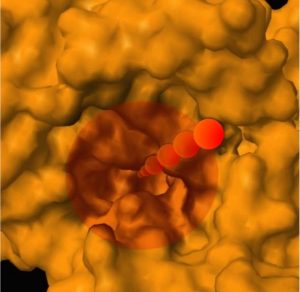Molecular Oncology Lab
The need to develop personalized treatments, in the case of tumor processes, drives not only a better knowledge of the molecular events involved in cancer pathogenesis, but also the design of experimental models that allows the study of the repercussions of the activation of certain oncogenes and/or the inactivation of certain tumor suppressor genes on the response to antitumoral therapy. We combine both aspects, developing a genetically modified mouse models of cancer that allow study the influence of certain mutations on the pathogenesis, and the response to certain treatments. Although the molecular basis of the tumors is complex, an aberrant activation of certain intracellular signaling pathways, as well as an inactivation of pathways dependent on tumor suppressor genes are common features. Although in the past years great advances have been made in understanding the pathophysiology of some tumor types, few pre-clinical models are able to recapitulate certain characteristics of the tumor, such as the capacity of invasion, the cellular heterogeneity, or the neoangiogenesis. Consequently, the main aim of our group is the generation of mouse models of human cancer that allows not only a better understanding, at the molecular level, of the etiopathology behind the disease, but which will also facilitate the development of new therapies that permit a better therapeutic approach. The used models are based on the combination of inducible systems of the initial oncogenic events, and non-invasive systems for in vivo monitoring that allows the follow-up of the entire oncogenic process.
Contact
José A. Costoya Puente
josea.costoya@usc.es
http://www.usc.es/cimus/gl/investigacion/grupos-de-investigacion/molecul…






